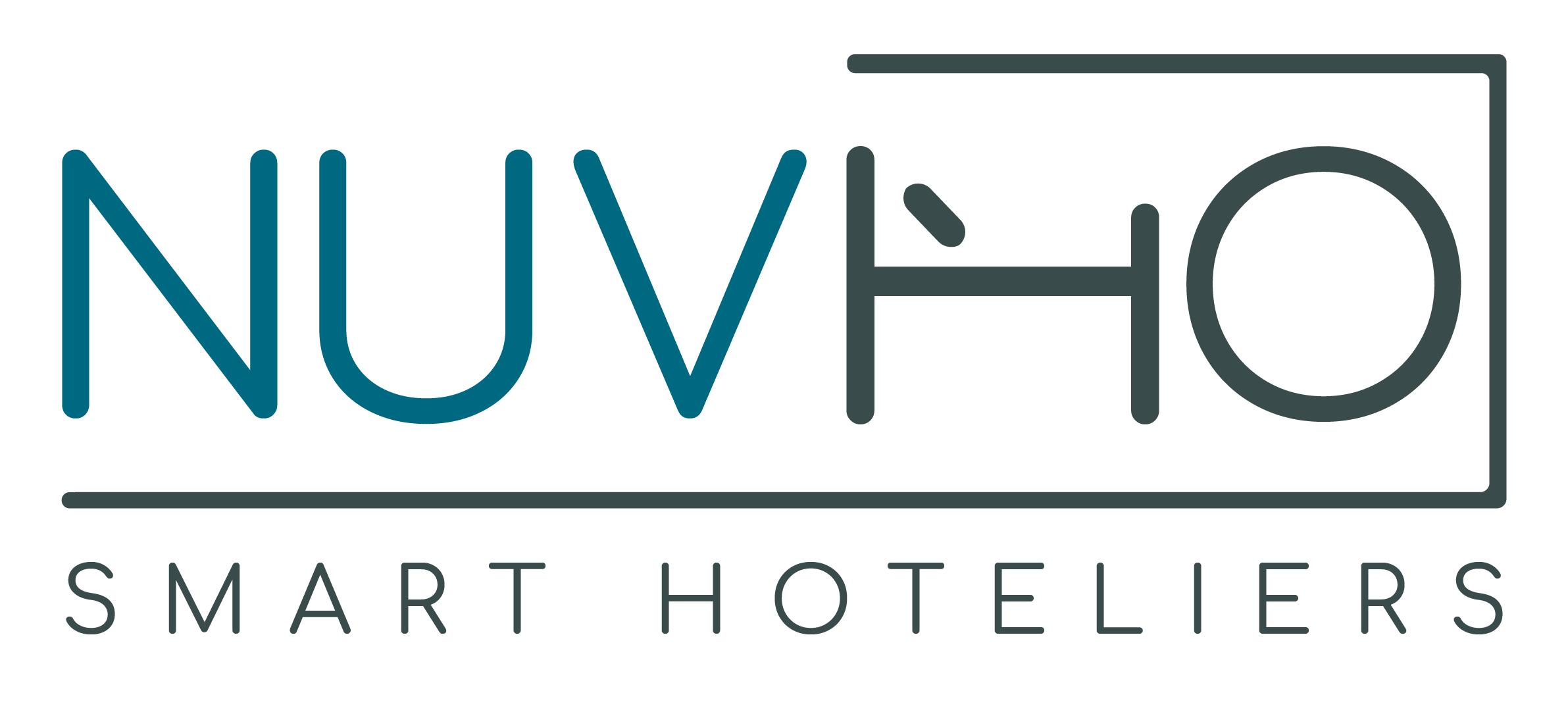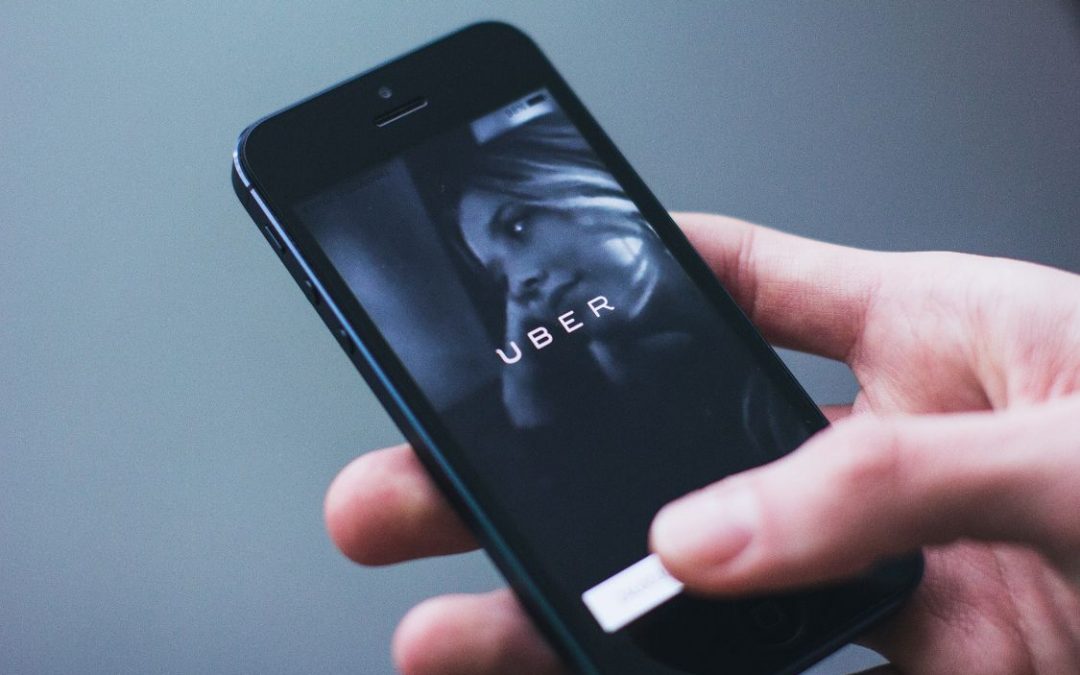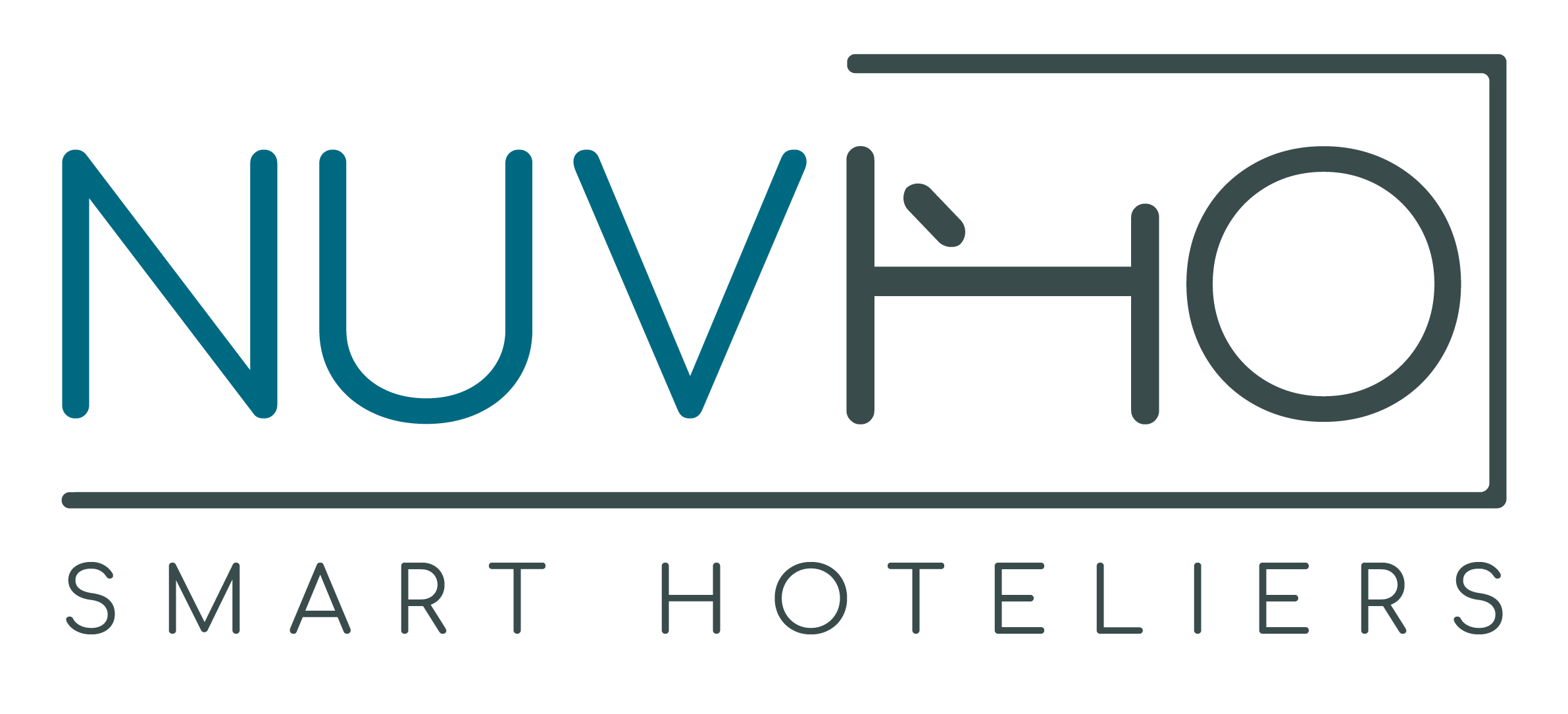Is Uber about to take over Expedia? – What Uber’s potential acquisition of Expedia could mean for hoteliers
The travel and hospitality industries are monitoring the recent news that Uber may be eyeing a possible acquisition of Expedia. While it’s just a rumour at this stage, the potential for Uber to acquire a major travel giant like Expedia is raising big questions—and many hoteliers are wondering how this could impact them. Let’s take a deep dive into this scenario, examining what this acquisition could mean for hoteliers and the hospitality industry as a whole.
Strengthening Uber’s Foothold in Travel
Uber has steadily positioned itself as more than a ride-hailing service. The company’s ambitions are clear: to become an all-encompassing mobility and travel platform. In recent years, Uber has expanded its service offerings to include Uber Travel, Uber Reserve, and even the integration of flight bookings in the UK. An acquisition of Expedia would allow Uber to diversify further and offer a seamless experience from travel booking to hotel stays through a single app interface.
This streamlined experience would be a game-changer for users and create a formidable competitor to other OTAs like Booking.com and Airbnb. For hoteliers, it would mean exposure to a larger audience, especially given Uber’s wide customer base of over 130 million monthly active users.
Consolidated Technology and Seamless Integration
Both Uber and Expedia bring sophisticated technologies to the table, from dynamic pricing algorithms to user experience personalization. If these two tech giants were to merge, their combined resources could lead to a powerful ecosystem that improves travel booking convenience and personalization. Imagine a scenario where a customer books a flight and hotel, schedules an airport pickup, and even arranges dining or experiences—all through Uber’s single app.
This consolidation could mean that hoteliers would have access to a more integrated platform, potentially simplifying distribution, and pricing strategies. It may also allow for better data sharing between Uber and hotels, leading to more precise personalization and marketing efforts.
Increased cost of acquisition
While the acquisition might streamline services for consumers, it could introduce additional pressures on hoteliers, particularly in terms of pricing. Uber’s aggressive pricing models could translate into pressure on hotel rates, as consumers look for bundled deals and discounts across their travel plans. Additionally, Uber may impose higher commission fees for hotels listed on its platform.
This could lead to an increased cost of acquisition for hoteliers overall, so being nimble in effectively managing distribution will be key to ensure this is not a cost burden.
Increased Marketing and Reach, Especially for Small and Boutique Hotels
With Uber’s expansive user base and rapid growth in urban areas, this acquisition could give smaller hotels a new pathway to compete with larger chains. While Expedia already provides exposure to a wide audience, the addition of Uber’s marketing power—combined with its app, which millions already use daily—could mean better visibility for hotels, especially those looking to capture millennial and Gen Z travellers who value convenience and tech-savvy experiences.
For boutique and independent hotels, this partnership could offer an opportunity to reach a broader audience that previously would have been harder to obtain. This could also fill in a gap for hoteliers on a shorter lead basis if they have distressed inventory, due to Uber being currently used in a closer proximity as it stands.
Bundling Experiences and Packages together
Uber’s acquisition of Expedia could open doors for innovative bundling options that go beyond simple hotel bookings, due to it becoming a one-fits-all platform.
Hoteliers could leverage these new bundling opportunities to create unique travel experiences, such as room packages that include airport pickup, in-town rides, or local dining discounts. This strategy could drive more bookings, improve guest experiences, and increase overall revenue per guest, however it will need to be balanced with the potential of increasing commission costs and these bundles generally involving healthier discounts.
Risk of Increased Reliance
While a combined Uber-Expedia platform could offer great visibility, relying heavily on a single platform for bookings can make hoteliers vulnerable. Uber’s acquisition of Expedia could lead to a high level of dependency on this new platform, which may limit hoteliers’ flexibility. Furthermore, if Uber were to adopt Expedia’s current commission models or adjust them further, hoteliers could face increased costs over time.
This scenario underscores the importance of a balanced distribution strategy, ensuring that direct bookings, OTAs, and other sources remain diversified. By doing so, hoteliers can maintain flexibility, leverage competitive pricing, and avoid over-reliance on a single platform.
Enhanced Focus on Customer Data and Personalization
One of the most exciting possibilities of this acquisition for hoteliers lies in data-driven insights. With Uber’s extensive data capabilities, hoteliers could gain access to deeper insights into customer preferences and travel behaviour. This data could help personalize guest experiences even before check-in, with Uber’s app learning traveler preferences over time.
If Uber provides hoteliers with access to this data, it could allow for more targeted marketing, unique upselling opportunities, and higher conversion rates. For example, hotels could offer tailored room upgrades or relevant experiences based on a traveller’s profile and preferences, improving both guest satisfaction and revenue potential.
Opportunities and Challenges for Hoteliers
If Uber moves forward with the acquisition of Expedia, the merger could fundamentally reshape the travel and hospitality industries. For hoteliers, the integration of Uber’s vast network with Expedia’s OTA expertise could open up opportunities for broader reach, unique bundling options, and enhanced data access. However, it also presents potential risks in terms of increased pricing pressure and higher cost of acquisition.
Ultimately, hoteliers will need to prepare for a changing distribution landscape. Staying adaptable, diversifying distribution strategies, and strengthening direct booking channels will be essential steps to maximize the benefits and navigate the challenges that an Uber-Expedia merger might bring. By doing so, hoteliers can position themselves for success in a new era of travel that’s likely to be increasingly driven by convenience, technology, and seamless integration.


